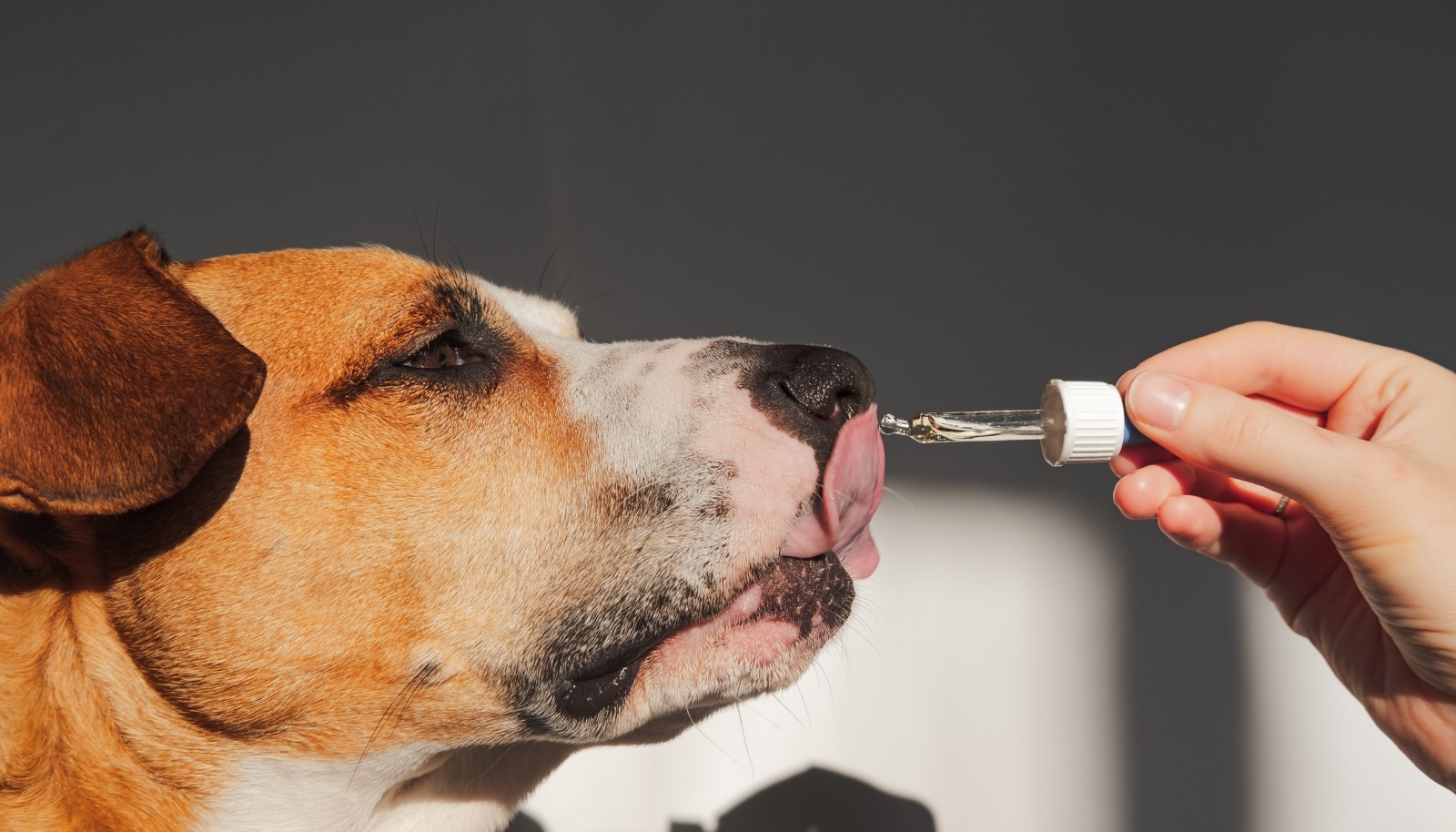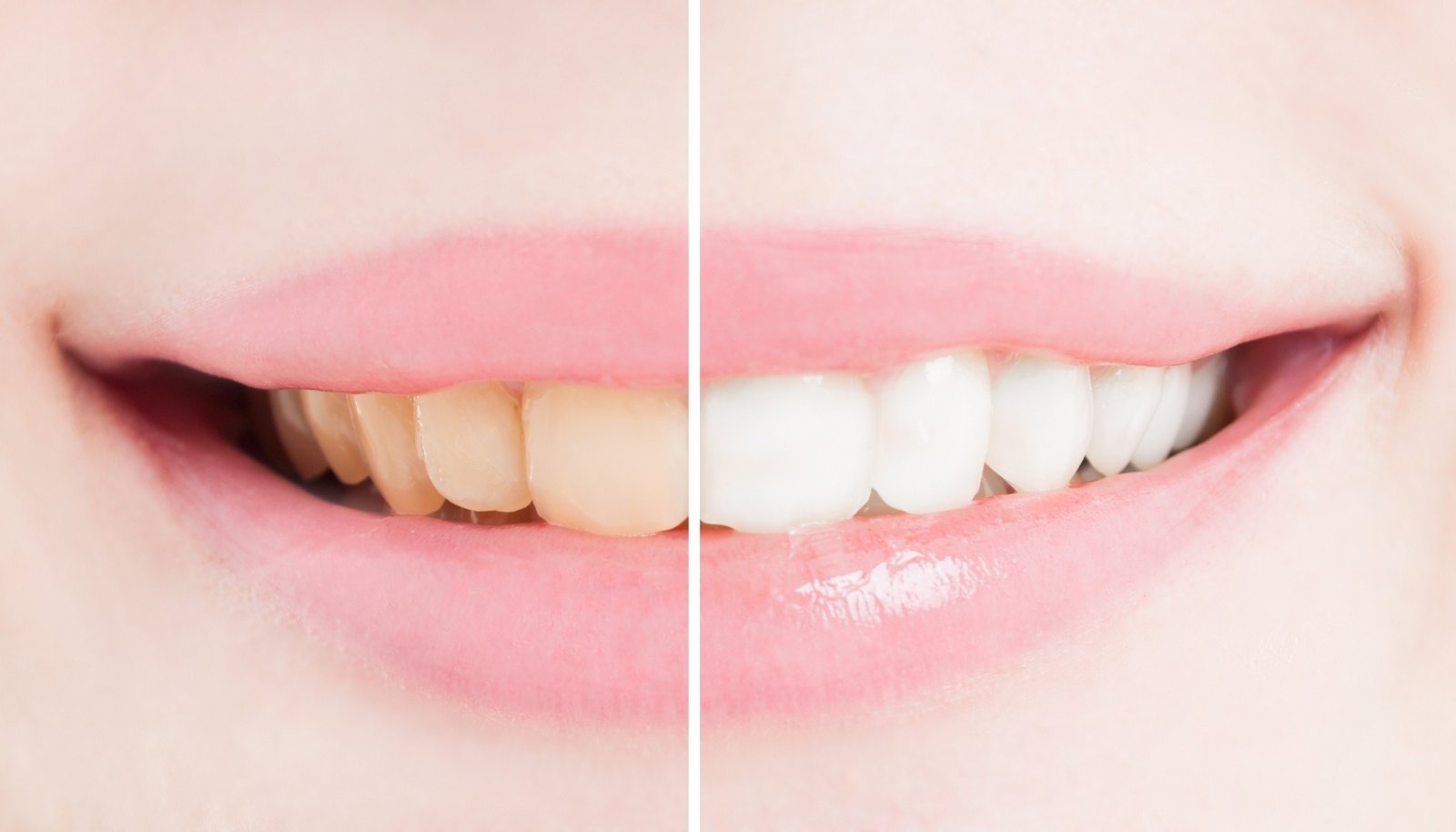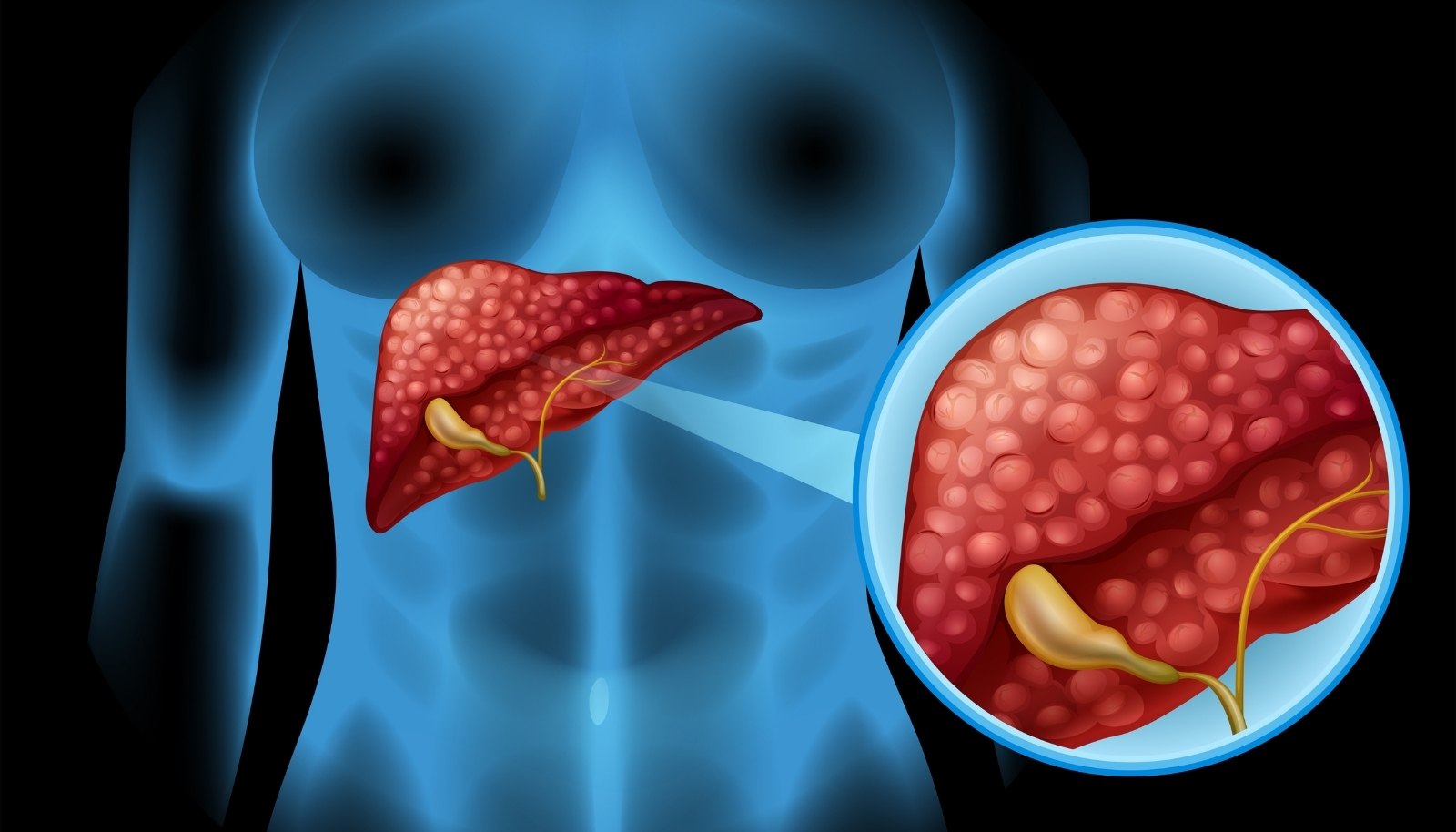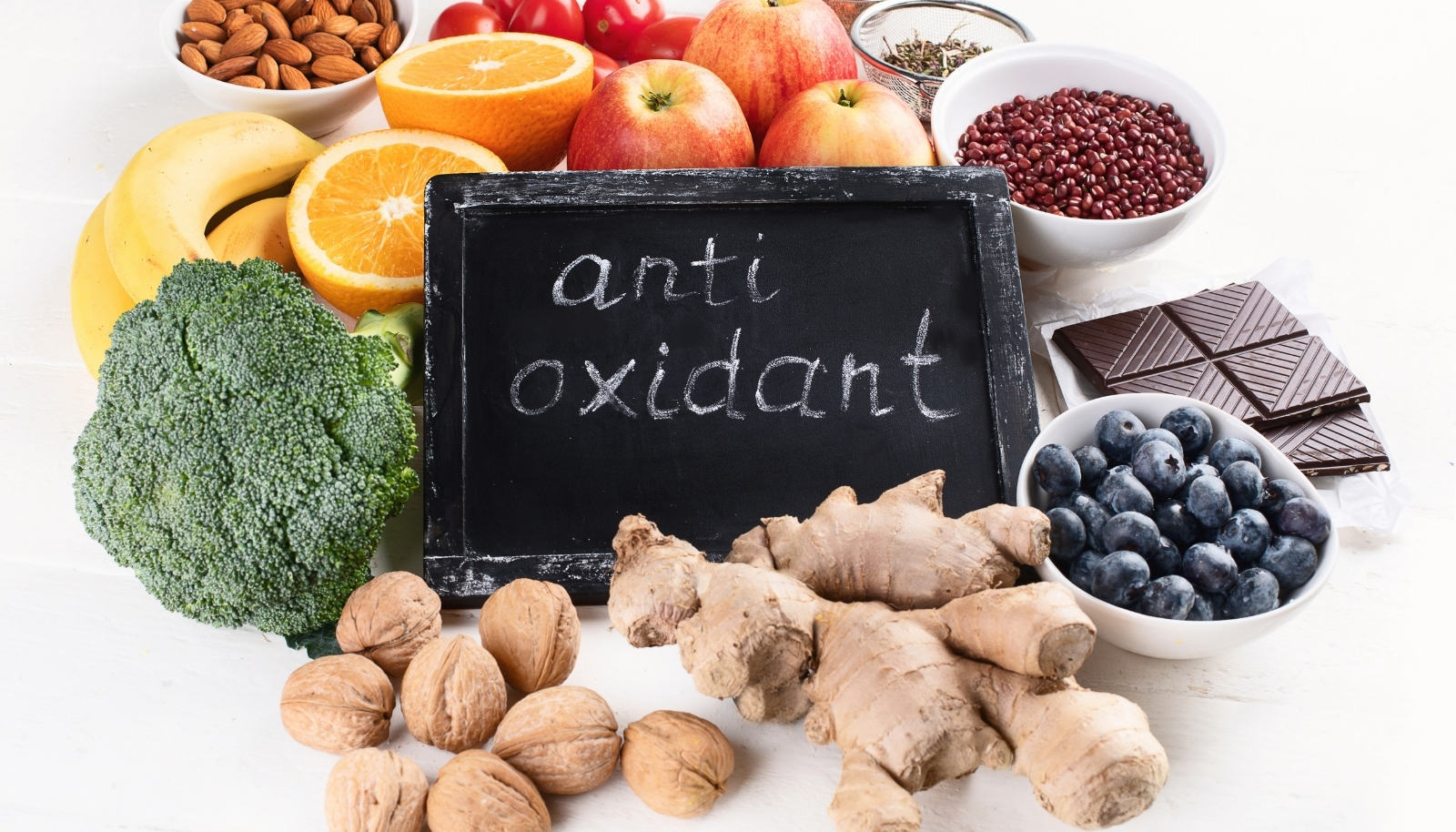
Tea tree oil is derived from the leaves of the Melaleuca alternifolia tree, native to Australia. Known for its antibacterial, antifungal, and anti-inflammatory properties, it has been used in traditional medicine for centuries. These unique qualities make tea tree oil a promising natural remedy for acne treatment.
Studies reveal that tea tree oil effectively combats Propionibacterium acnes, the bacteria responsible for acne. Products containing tea tree oil have shown similar efficacy to benzoyl peroxide, a common acne treatment, but with fewer skin irritation issues. This makes it a gentler alternative for sensitive skin types.
Mix a few drops of tea tree oil with a carrier oil like coconut or jojoba oil before applying it to your skin. Avoid using undiluted tea tree oil to prevent irritation.
Combine tea tree oil with natural ingredients like honey and aloe vera to create a soothing face mask. Apply it weekly to calm irritated skin and reduce breakouts.
Mix tea tree oil with distilled water and store it in a spray bottle. Use this as a refreshing toner or a gentle face mist for daily acne control.
Tea tree oil offers a natural, science-backed approach to treating acne. Its ability to fight bacteria and inflammation, combined with its gentle action, makes it an excellent option for those seeking alternatives to chemical treatments.
Beyond acne, tea tree oil is also beneficial for managing other skin conditions like eczema and minor cuts. It’s a versatile oil that can be incorporated into various skincare routines. However, consistency is key when using natural remedies. For optimal results, consider integrating tea tree oil into your weekly regimen and consulting with a dermatologist to personalize your skincare approach.
Tea tree oil is most effective for oily and acne-prone skin. However, those with dry or sensitive skin can also use it by diluting it with a carrier oil. To avoid irritation, always do a patch test before applying it to your face or larger areas.
The time it takes for tea tree oil to work depends on the individual. Some people see noticeable results within a week, while others may require 4-6 weeks of consistent use. Patience and regular application are key to achieving clearer skin.
Yes, you can incorporate tea tree oil into your daily skincare routine. Make sure to dilute it properly to avoid over-drying your skin. If you notice irritation, reduce usage or consult a dermatologist for personalized advice.
While tea tree oil may not directly remove acne scars, it can prevent new breakouts, reducing the likelihood of additional scarring. For existing scars, treatments like vitamin C serums or retinoids might be more effective.
Applying undiluted tea tree oil can lead to irritation, redness, or even chemical burns. To ensure safe use, mix it with a carrier oil like coconut or jojoba oil. This helps minimize the risk of adverse reactions.
When using tea tree oil, always store it in a cool, dark place to preserve its potency. Avoid applying it near your eyes, as it can cause stinging or irritation. Consistency in usage and proper dilution will maximize its benefits for your skin.
Sources





